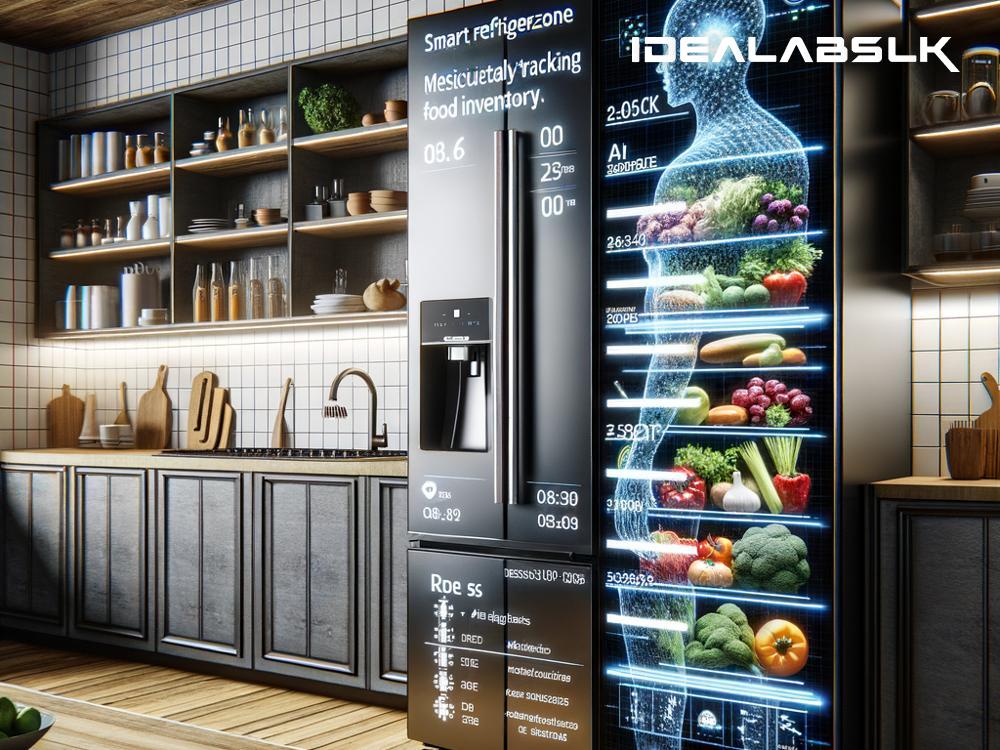How AI is Transforming the Battle Against Food Wastage in Catering Services
In an era where technology blends seamlessly into almost every aspect of our lives, Artificial Intelligence (AI), a term that once sounded like a far-off, sci-fi concept, is now a tangible, groundbreaking tool reshaping industries worldwide. One of the less-talked-about, yet profoundly impactful areas where AI is making its mark, is in the battle against food wastage within the catering sector. It's an innovative journey from farm to fork, where AI not only promises to save millions of dollars but also to contribute significantly to environmental conservation.
The Current Plight of Food Waste
Food waste is a global issue of staggering proportions. Roughly a third of the food produced worldwide for human consumption every year — approximately 1.3 billion tons — gets lost or wasted. It's not just about the food itself but the resources like water, energy, and labor that go into producing it, only for it to end up in landfills, emitting greenhouse gases as it decomposes.
The catering industry, a key player in the foodservice sector, is no stranger to this challenge. The nature of catering, with its requirement for preparedness for varying guest counts and preferences, often leads to large quantities of food waste. This is where the magic of AI comes into play, offering tools and solutions that are transforming this landscape.
AI, the Game-Changer
Imagine a system so smart that it can predict how much food will be needed for an event, adapt to last-minute changes in guest numbers, and suggest menus that minimize waste. This is not the future; it's happening now, thanks to AI.
- Predictive Analytics:
AI-driven predictive analytics use historical data, trends, and patterns to forecast future food requirements accurately. By analyzing past events, including guest counts, meal preferences, and even weather conditions, AI can provide precise predictions on how much food needs to be prepared. This significantly reduces the guesswork for caterers, slashing food waste dramatically.
- Smart Inventory Management:
AI systems can monitor inventory in real-time, tracking usage, and forecasting future needs. This ensures that only the necessary ingredients are ordered and used before they expire. Such systems can also suggest recipe adjustments based on available ingredients, further minimizing waste.
- Dynamic Pricing and Portion Control:
Innovative AI tools offer dynamic pricing options for leftover food, encouraging its sale at a discounted price rather than wasting it. Others assist in scientifically determining portion sizes based on demographics and historical consumption data, ensuring the right amount of food is served to meet but not exceed demand.
Real-World Impacts
The implementation of AI in catering doesn't just translate to reduced food wastage; it also leads to significant cost savings, enhanced operational efficiency, and a marked reduction in environmental impact. Several companies worldwide are leading the charge, deploying AI in various aspects of their operations. From high-profile events to school cafeterias, the impact of these initiatives is profound, setting a template for the rest of the industry to follow.
The Path Forward
Despite these promising developments, the widespread adoption of AI in catering is still in its infancy. A major barrier is the perceived complexity and cost of integrating AI technology into existing systems. However, as awareness grows and technology becomes more accessible, these hurdles are gradually being overcome. Moreover, the potential benefits far outweigh these initial challenges, making the case for AI in catering not just compelling, but imperative.
Conclusion
AI's role in reducing food wastage within the catering sector is a vivid example of how technology can be harnessed for the greater good. By providing smart, data-driven insights and solutions, AI empowers caterers to make informed decisions, reducing waste, and contributing to a more sustainable future.
As we move forward, the integration of AI in catering is set to become the norm rather than the exception. It's a journey from excessive waste to efficient sustainability, where technology not only saves businesses money but also plays a crucial role in safeguarding our planet for future generations. The fight against food waste is far from over, but with AI, we're taking significant strides in the right direction.
In essence, AI in catering isn't just about cutting costs or boosting efficiency; it's about fostering a culture of conscientious consumption and sustainability. It's a shining example of how, when used thoughtfully, technology can help us address some of the most pressing challenges of our time, paving the way for a better, more sustainable world.

